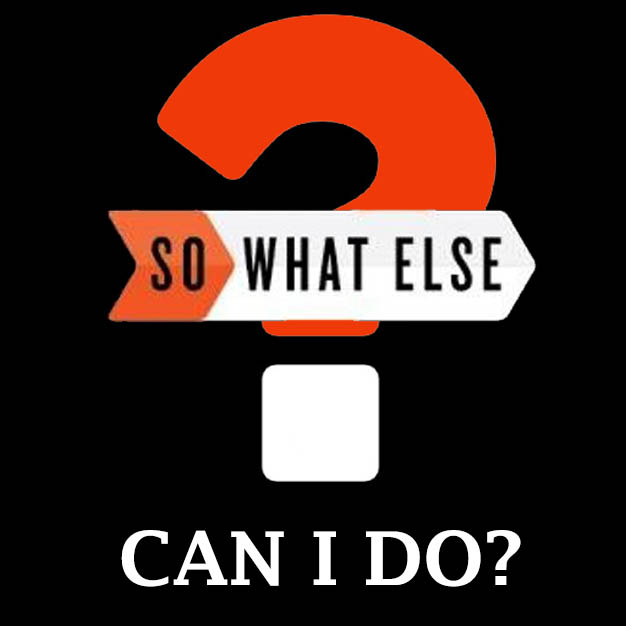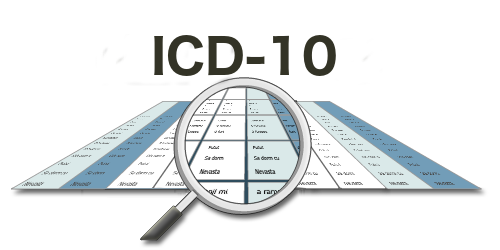Disciplining any child is never any fun, but it's something that must be done to ensure they know right from wrong and grow up to be a responsible adult. But how do you go about disciplining a child with type 1 diabetes? I write this post because there are so many different things in the mix when you have a child with type 1 diabetes.
When T1 kids experience highs they tend to get a wee bit cranky, give attitude and downright mean. If they are low the only way to explain it is they start exhibiting "annoying" behavior. The trickiness in the disciplining of a T1 kid is that you cannot let them get away with certain behaviors and learn to blame it on a high or low.
And we all know kids are smart, once they figure out oh I was high and I got let off the hook, they will try to do it again and again. But on the other hand I have to tell you there is guilt associated with disciplining when they are in fact high or low. I speak from experience in this and will share with you the story of when this occurred.
We were newly diagnosed only 4 months into dx when Clifford started acting no other word for it but "annoying". He was picking on his sisters, not leaving them alone, and not listening when you asked him to stop. I had him test himself and he was 141, definitely no reason to be acting the way he was, but for some reason I just felt as if something wasn't right. We had him come downstairs for his punishment and have him sit on the chair in the living room.
For more informative articles:
I then got down in front of him and starting asking him why he was acting the way he was, and various other questions to which he wasn't answering me. This was the day I learned the "look" in their eyes when they are low which I will never forget. It was if he was staring straight through me and not paying attention to what I was saying at all. I told my husband, Chad I just didn't think something was right and started asking Clifford what his name was, where he was at, etc., etc.
Well only a brief few seconds later he experienced his first seizure due to a severe hypo event. Well you know the story from here, the ambulance was called and off we went to the hospital, he was then transported via helicopter to Children's hospital and released the next day. I didn't understand then just how fast you could drop from a low, in fact when we tested him for the "annoying" behavior he was 141, apparently this is when it must have been starting to drop.
When I think back on this, how beneficial the new technology of a continuous glucose monitor would have been, and this is in part one reasoning for us fighting to get one. We would have seen arrows down which would have told us he was dropping and we could have treated and bypassed the seizure all together.
The point of this story is this is one experience where he was had a low blood sugar, or was on his way to a low blood sugar and got disciplined. Thankfully I was aware that something wasn't right and we had him sitting in the living room with us instead of in his room.
So how do you establish how to discipline a T1 kid?
Kids are going to be kids even T1 kids, they will learn to walk the line and figure out early on what they can get away with and what they can't. It is important to establish the rules from the very beginning that must always be followed. Clifford knows that just because he's having a high blood sugar and feels icky it doesn't give him a free card to be rude to his siblings or parents. I know the high blood sugar is not his fault, and he feels icky when it's going on.
But he has learned that if he's a bit high and we're in the process of correcting said high he's to hang out and have some "alone time" so that he can rest until he starts feeling better. This doesn't happen all the time but as much as we can this is the rule. I have learned that once he starts acting annoying it's time to test, and 9 times out of 10 we catch random lows this way. I have also learned that if he is not "low" at the first time of testing from annoying behavior to have him do something not as active like color, or read a book and re-test within 10-15 minutes to see if in fact he is dropping.
It's difficult to find a sure fire way to discipline any child, but with a type 1 kid it becomes even more so. The only advice I can give you in my 6 years on this road so far is to make sure you set up rules ahead of time and that they understand these rules. We keep a rule chart in the house for all the kids. They understand if any of these rules are broken it is straight to the consequence of breaking the rules. No need for a warning because they already know what the rules are, and have then chosen to break them. We also keep a behavior chart of sorts that we place stickers on and each child got to choose what type of "reward" they wanted at the end of the chart.
Rewarding Positive Behavior
I feel it is important to award positive behavior, so it's not only seen as negativity when they get in trouble. We make sure to compliment the children when we see them doing something good on their own such as sharing or helping out a sibling. You may be at a different age group stage with your T1, but one thing remains constant throughout the years, the RULES.
Further reading:
It's difficult enough raising a child to grow up to be a responsible adult, but we have the added job of raising them to grow up being a responsible adult who understands the importance of their diabetes management. I can only hope we are on the right track. I'm sure the teen years will cause a few more grays than I am willing to allow and way too much in the line of consumption of caffeine. But I'm sure we will get through them.
Thanks for reading this article, if you have any suggestions for future articles let us know.
TheDiabetesCouncil Article | Reviewed by Dr. Christine Traxler MD on June 05, 2020








